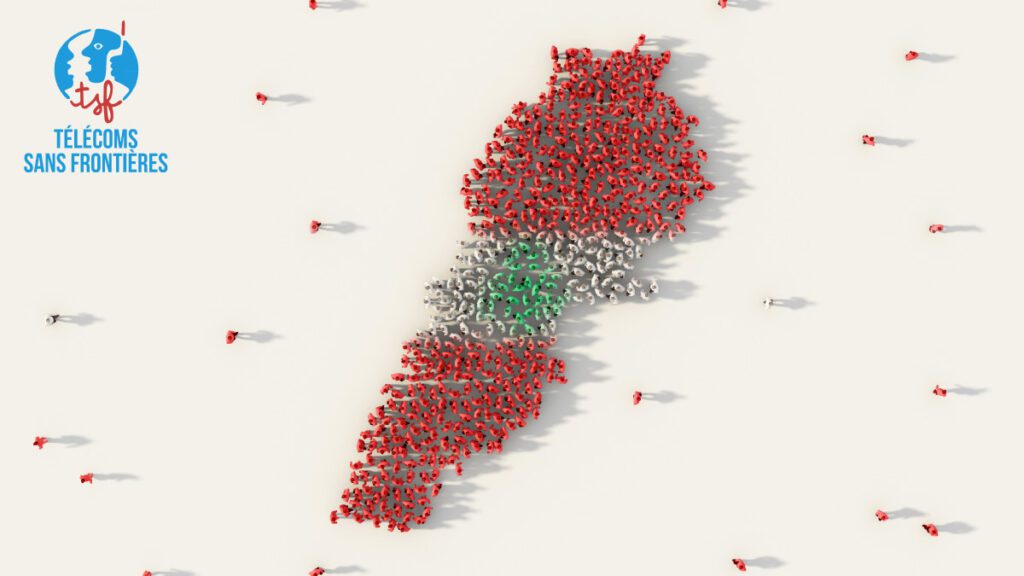
Following the Beirut explosion that devastated the city on August 4, 2020, Télécoms Sans Frontières (TSF) has deployed telecoms infrastructure that has supported 872 families in Beirut.
In response to the critical situation, TSF has deployed a team to Beirut in collaboration with the United Nations Disaster Assessment and Coordination teams and the United Nations Office for the Coordination of Humanitarian Affairs aiming to provide reliable communications in areas hit by the explosion.
Monique Lanne-Petit, Director of TSF told Capacity Media “To be effective and quick, all these require strong coordination, which can be ensured only through reliable telecommunications. In a situation that is still unclear, TSF support will be essential to ensure humanitarian support can be provided as fast as possible.”
The ongoing disaster response started on August 7, 2020, with 2 main activities: support to humanitarian coordination and an emergency call center. TSF developed a WhatsApp Hotline- Beirut Relief Bot – that records the requests of individuals and transfers those to Live Love Lebanon’s call center. The TSF call center allows disaster victims to report their needs regardless of the field: medical psychological distress, financial aid, according to TSF website.
Telecoms.com states that 50% of requests registered via the call center have been related to housing or reconstruction, 20% to medical care, and 20% to food requests. Between August, 14 and August 25, 443 affected persons have been contacted by TSF partner NGO ‘Live Love Beirut’ to express their urgent needs, according to TSF tweet. Moreover, free calls provided by TSF represent a total of more than 26 hours.
The project is funded by Inmarsat, Vodafone Foundation, Eutelsat Communications, AT&T, SpeedCast, Thales Solidarity, PCCW Global, Digital Colony, Capacity Media, Evox Trading, IT Cup, PAU Bearn Pyrénées, and the Friends of Telecom Without Borders, states TSF website.
Florent Bervas, TSF’s Head of Mission for the Beirut relief effort said “Any time there is an explosion or natural disaster, the local infrastructure can easily become saturated and unreliable, making it increasingly more challenging for emergency teams and relief workers to coordinate their efforts. There are a number of NGOs providing support there in Beirut, and we’re glad our technology has helped them with their important relief work”, according to Total Telecom.
Edouard Bitar, President of Live Love Lebanon explained, “The work is daunting and TSF’s expertise has been crucial. The communications infrastructure provided by TSF has been vital in coordinating our response to this crisis. For us, this call center is like a brain, and without TSF’s technology helping emergency teams on the ground, and the quick response to establish a call centre, we would not have been able to ensure support is reaching those who need it most”, according to the same source.